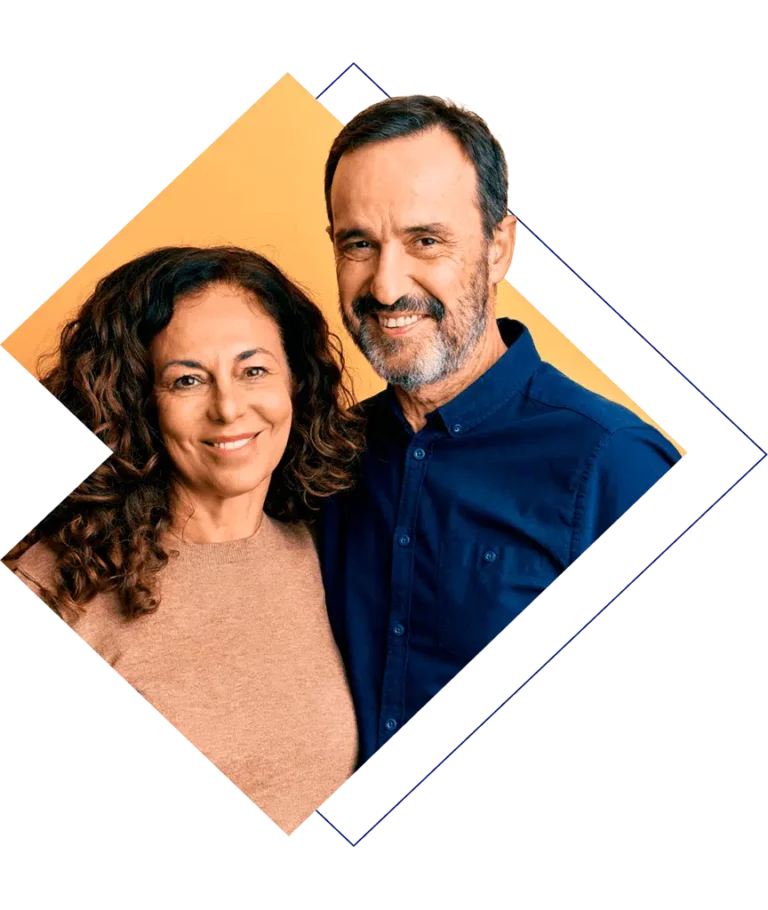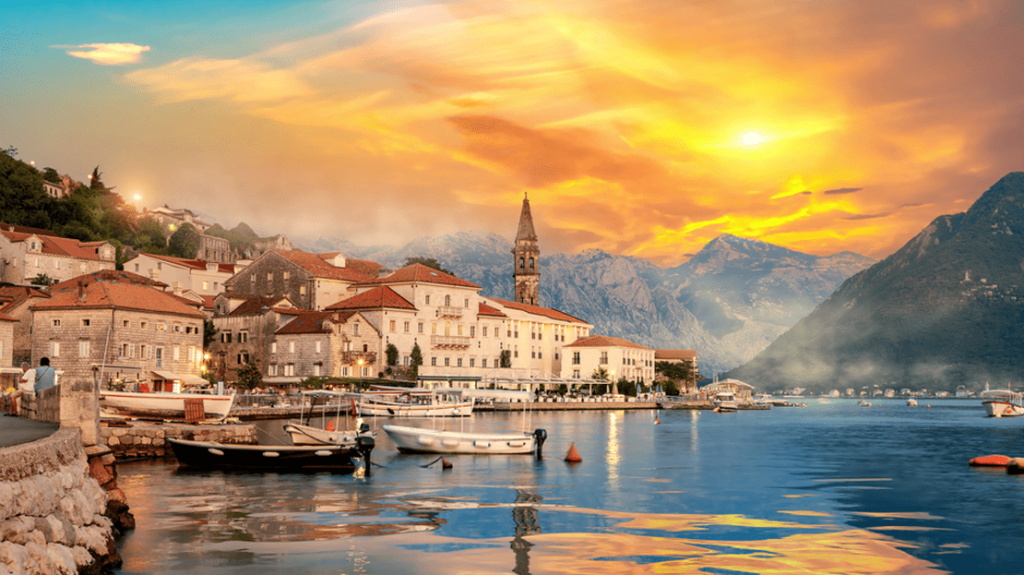Free of Charge Services
Posted by admin on March 15, 2023
Portugal D7 visa
The Passive Income Visa for moving
to the ocean, travel and citizenship in 5 years
€760 per month
Minimum applicant’s income
4+ months
Obtaining period
5 years
Residing to qualify
for citizenship


The Portugal D7 visa, also known as the Passive Income Visa, is issued to financially independent foreigners. For example, pensioners and investors can qualify for a visa.
Article 58 of Law No. 23/2007, dated 07/04/2007, provides the visa rules.
Only foreigners from non-EU countries can apply for a Portugal D7 visa.
Applicants buy or rent residential properties in
Portugal to get the D7 visa. They also prove a passive income of at least €760 per month.
After the D7 visa, a cosmopolitan gets a residence permit with the right to work in Portugal.
Residents must spend at least 183 days a year in the country to keep their status.
Individual meeting
Help with the choice
Second citizenship helps register a business abroad, open a corporate bank account, avoid currency control restrictions and expedite money transfers. Some jurisdictions also do not reveal beneficiaries’ personal data, protecting the investor’s privacy.
FAQS
Answers to frequently asked questions
The D7 visa is a residency visa designed for foreigners with passive income who wish to move to Portugal. It is issued for four months; within this time, an applicant must go to Portugal and apply for a residence permit.
Foreigners from non-EU countries are eligible for the D7 visa. The mandatory requirement for applicants is to earn a passive income of at least €760 per month in another country and purchase or rent housing in Portugal.
The main applicant must be over 18 years old, have legal income and have no criminal record. A spouse, children under 21, siblings under 18 and investor’s custody, and parents can get visas.
Citizens of Pakistan, India, the UAE, Qatar, Saudi Arabia, Argentina and the UK tend to get the Portugal Passive Income Visa more often than others. The D7 visa is most suitable for investors, entrepreneurs and wealthy retired foreigners.
The applicant’s costs include purchasing or renting a residential property and related taxes. In addition, the investor gets medical insurance and pays fees for visa application and issuing residence permit cards. The total cost depends on the applicant’s family composition. To learn more, get an individual cost calculation
Is there any requirement for the bank balance under the D7 visa?
The applicant opens a bank account in Portugal and transfers money enough for living in the country for a year.
The amount depends on the minimum salary in Portugal. In 2023, it is €760 per month. Therefore, the amount for a year is €9,120 for the main applicant. If there are family members, 50% of the amount is added per spouse or parent, and 30% is added per child.
The procedure takes at least two months. First, the applicant registers as a Portuguese taxpayer and opens an account in a local bank. After that, they choose a residential property for purchase or rent.
The longest procedure is the visa application processing at a Portuguese consulate. The process might take up to four months.
When the applicant gets approval, they can go to Portugal and apply for a residence permit.
The D7 visa is valid for four months. Until the expiration date, the applicant is to come to Portugal and apply for a residence permit at the SEF, the Portuguese Migration Service.
The residence permit card received after the D7 visa is valid for two years. After it expires, the resident can extend their status for another three years.
No, the visa doesn’t provide such a right. But a residence permit does; the applicant gets it after a D7 visa
The applicant pays taxes when they buy property in Portugal. First, the deals are subject to stamp duty and property transfer tax. After that, the owner pays an annual municipal property tax of 0.3 to 0.8%.
If the visa holder lives in Portugal for more than 183 days a year, they can change the tax residency to the Portuguese one. After that, they start to pay the personal income tax, solidarity, capital gains and other taxes, and get a beneficial tax status.
The D7 visa applicants don’t need to meet the investment requirements; they only need to buy or rent a property and prove sufficient passive income to live in Portugal.
The Golden Visa applicants buy real estate, investment fund units or choose another investment option with a fixed amount. The cost of real estate under the program is at least €280,000.
A residence permit by investment is suitable for wealthy people who do not plan to move to Portugal. Investors need to spend only seven days a year in the country. A residence permit after the D7 visa obliges the holder to live in Portugal for at least six consecutive months or eight months in total during the year.
Within four months after getting a D7 visa, the holder must enter Portugal and apply for a residence permit. The Portuguese Migration Service, the SEF, accepts applications for residence.
The application must be submitted in person and under a pre-booked appointment. In addition, a person submits their fingerprints for a biometrical residence permit card with the application.
The applicant pays government fees and waits for a decision. After the application is approved, a residence permit card is sent to the investor’s registered address in Portugal.
Yes, if you retain residency for at least five years and fulfil some other conditions, you may apply for Portugal citizenship by naturalisation.
A resident must live more than 183 days a year for five consecutive years in Portugal to qualify for citizenship by naturalisation after the D7 visa. In addition, the applicant confirms the Portuguese language proficiency at the A2 level and the absence of criminal records in Portugal.
The Portuguese passport allows the holders to visit 187 countries without visas, including the UK and the Schengen Area. In addition, the citizens can live in any EU country of their choice.
Yes, US citizens may apply for a Portugal D7 visa if they have legal passive income and fit other requirements
No. The Portugal D7 visa is also sometimes called the Passive Income Visa. Foreigners with legal passive income, such as dividends, rentals, royalties and pensions, may apply for it and get a residency status.



